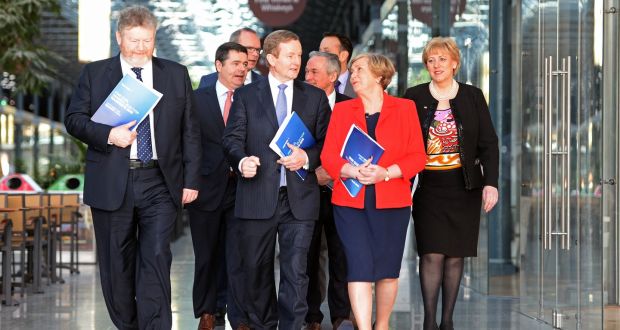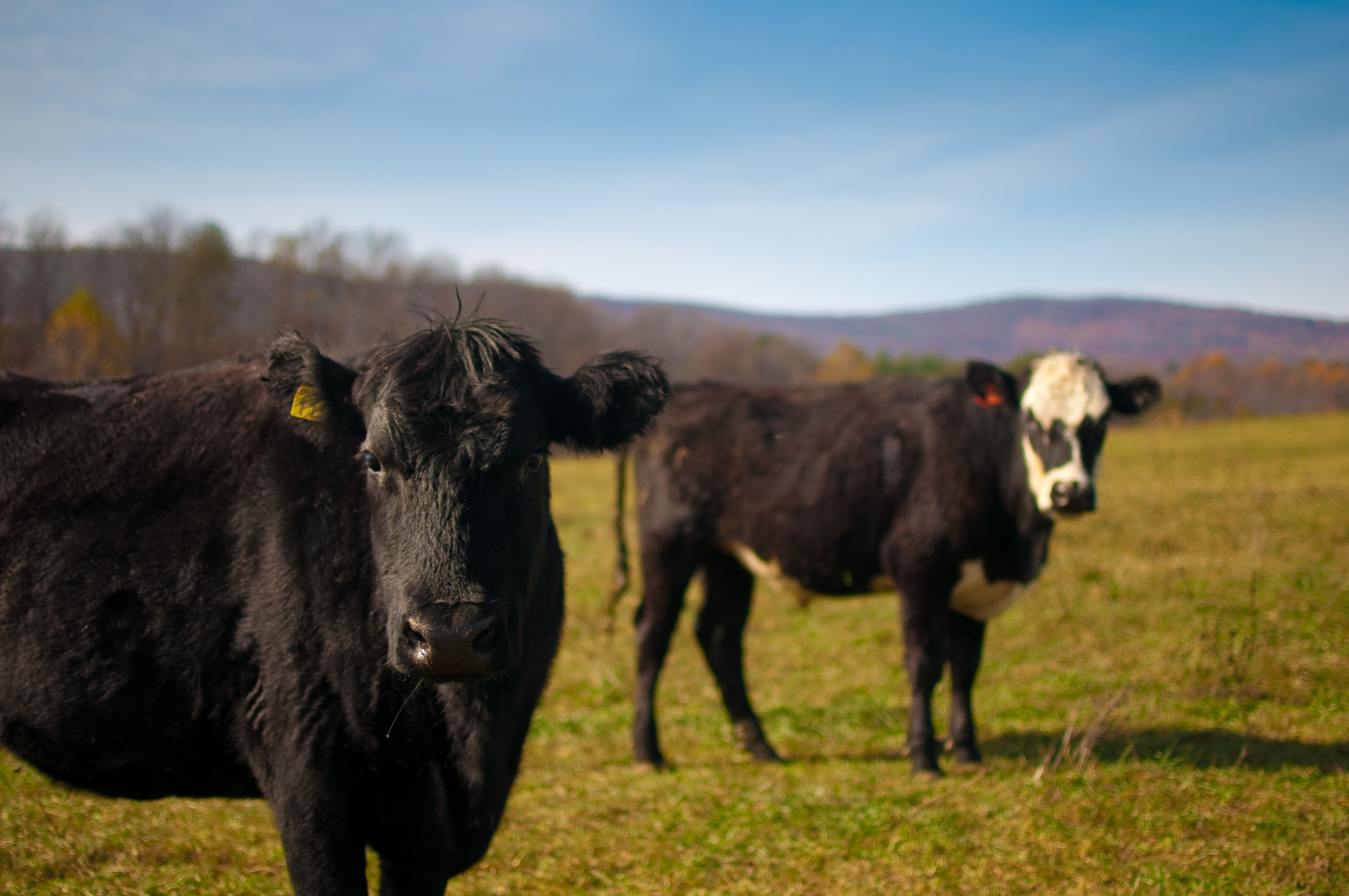Senator Lynn Ruane on the Emissions Reporting Bill

7 December 2021
Independent Senator Lynn Ruane recently brought forward a Companies Emissions Reporting Bill – which would do what it says on the tin: companies with over 50 employees would have to document their own emissions of greenhouse gases.
And if passed, the Bill wouldn’t cover just the emissions produced by the company itself – it would also count the emissions produced by the company’s final product (which is commonly referred to Scope 3 emissions).
We wanted to find out more about the Bill and Senator Ruane’s approach to addressing the climate crisis, so we gave her a call.
(Note: this conversation has been edited for length and clarity).
Why are you bringing forward this Emissions Reporting Bill now?
Climate has always been something that’s been important to me. I would have gotten involved during my days in Trinity in fossil fuel divestment and I get more drawn towards those collective, larger responses to climate than the individual-pays kind of response.
My Secretarial Assistant at the time, Seb, who drafted the legislation, and I would go back and forth on things that mattered to me in relation to climate and the messaging around it. So Seb suggested an Emissions Bill, and we researched that and looked to France at what they did and we felt it was the right legislation for me to bring forward in this area.
This Bill could see massive change and it has also allowed me to pursue what’s important to me: which is making large industry accountable for their large emissions.
You’ve said in the past that there’s limitations on putting the cost of climate action on the individual – could you tell us more about that?
I think the conversation can be fraught, especially if you’re living in or coming from communities that experience a huge amount of poverty, to then think about what’s needed from them as an individual in terms of climate. If you’re fire-fighting in your every-day life, it’s very hard to connect with taking that individual responsibility when you already feel so disenfranchised.
I feel that something like this Bill shifts more towards addressing climate change to the people that actually can do something and who have a bigger responsibility in doing so.
I feel sometimes we do things a bit backwards. Focusing on the individual is important – it’s not that we shouldn’t be encouraging and empowering them to make better decisions on their own in terms of their individual contribution, but I think that should be happening in parallel to the big stuff. So that way it doesn’t feel so lopsided.
I think when we encourage the whole of society, including industry, including those that are responsible for the largest amount of emissions, then people might be more inclined to get behind addressing climate change if they don’t feel that it’s like “what’s the point, I’m just one person.” But if they see that the larger stuff is happening they’ll think, “oh I might just be one person, but those bigger things are happening as well so maybe I can fit into that and feed into that.”
You’ve also said this Bill would make Ireland a leader on climate justice – can you say a bit more on that?
If you look at the European Union, France is the only other EU country to be holding industry to some sort of account in terms of their emissions.
For Ireland to lead on climate in such a big way [with this Bill] in terms of shifting the spotlight back to where the pollution is happening and drawing attention to that, it can be a leader in creating the systems that allow companies to actually account for their emissions.
If France are the only other people doing it and we follow suit, our big accountancy firms and the different organisations that will be responsible for building the systems and the auditing resources that are needed to account for your emissions – that’s also a resource we can outsource to the rest of Europe. So we can then not only champion our own industry and our own country in that way, but we can also support the rest of Europe by building the structures and outsourcing it to them.
It was also important for me to get this Bill on the agenda before the end of the year because France takes over the [EU] Presidency next year. If this was something that they cared about, then it’s very likely that France will want to see movement on this next year under their Presidency.
You said before bringing this to the Seanad floor recently that you wanted to see positive climate policy over the next year. What does that look like to you?
I think that links back to how I answered the first question. This Bill is positive in the sense that you can point to it in this tangible way. You have something to look at, we have something to say “this is what we’re doing, these are the emissions that companies are reporting and these are the tangible, concrete plans that companies have to lower their emissions.”
Positive isn’t even the right word – but it’s something more visible. I think when we look at the individual, I think it’s very hard for us to correlate that to impact because it can be so fragmented. So I think that this is something that we can point to and people can feel positive about, and see that this is where something is happening and where something is changing.
People who are familiar with your work know that community is a cornerstone of everything that you do. What are some ways that you envision climate action actually strengthening our sense of community?
I work with a lot of communities that experience a huge amount of poverty. Even being able to pay for your recycling is a huge thing. I suppose that’s why this Bill is important to me – so that you can go, “well if we fix the system at this larger top-end scale, that should filter down.”
I’d love to see much more support and resources to be able to empower community activists to be able to really bring that climate message right down to that level. But what does that look like in a practical sense?
There’s some practical things that need to happen for people before they have the luxury to engage in the bigger question about climate in a more global sense.
There’s not a lot of green initiatives that you see focused on within communities. A lot of my work primarily focuses on addiction, education and also homelessness, but outside of that you have a huge amount of community organisations that also care about that collective climate question. But how do you begin to merge those things together? Whether that be through support and the like of the services I work with, such as addiction services, to be able to develop social enterprises.
Years ago, when I worked in Bluebell Addiction Advisory Group, I worked closely with Liberties Recycling. All the people that worked in that factory were people who were in recovery and I just think we need to find more ways to bring those people into these types of social enterprises, because they also benefit.
They’re working within something that’s climate-oriented, they’re learning about why it’s important to work in that industry and you’re increasing people’s employment. If you increase people’s employment, you’re going to increase their empowerment, their agency, you’re going to increase their ability to make better changes in the home in terms of things like recycling, what you buy, if you’re buying stuff with plastic in it.
However, I think that if we don’t begin to meet people’s needs first, we’ll find it very hard to do that. But we can also begin to meet some of those basic needs with climate initiatives by actually investing in green, social enterprise in communities and then hiring people directly into those green initiatives, just like Liberties Recycling.
My ex-partner also founded and runs an initiative called Thriftify, which brings charity shops online. So there’s all these initiatives that can actually expand the messages on climate, but if there’s also an incentive and a gain for someone to engage with that, especially if they’re in low-paid work, you can find a way to bring them in.
You’re meeting a need but you’re also empowering them and educating them on climate, and you’re involving them in the efforts. Then they feel like they’re actually part of something and that they are working within the wider effort in relation to climate.
Anything else you’d like to add before we wrap up?
I think we just really need to find a way that everyone feels like they’re contributing to climate solutions, and that way won’t look the same for every group.
I think we need to be able to find the climate messaging, the climate legislation, the climate policy that’s flexible and relative to how people live, where they live and the resources that they have. There are so many ways we could be encouraging that and empowering that but I think sometimes we have this one idea of what climate policy is and we don’t necessarily break that up it into what does this policy actually look like for this particular community, and can we be slightly adaptable in how we speak about climate or how we engage people.
But I do think it’s getting a lot better. So many of our schools in our communities are discussing the issue of climate change. I think we can definitely see a massive difference between people my age and someone my daughters’ age, who are fourteen and twenty-one, and who are able to confidently speak about climate. Their vocabulary is so much more expanded on this issue.
I think there’s something happening and I think that’s positive. I think we just need to be able to facilitate that.
[x_author title=”About the Author”]







